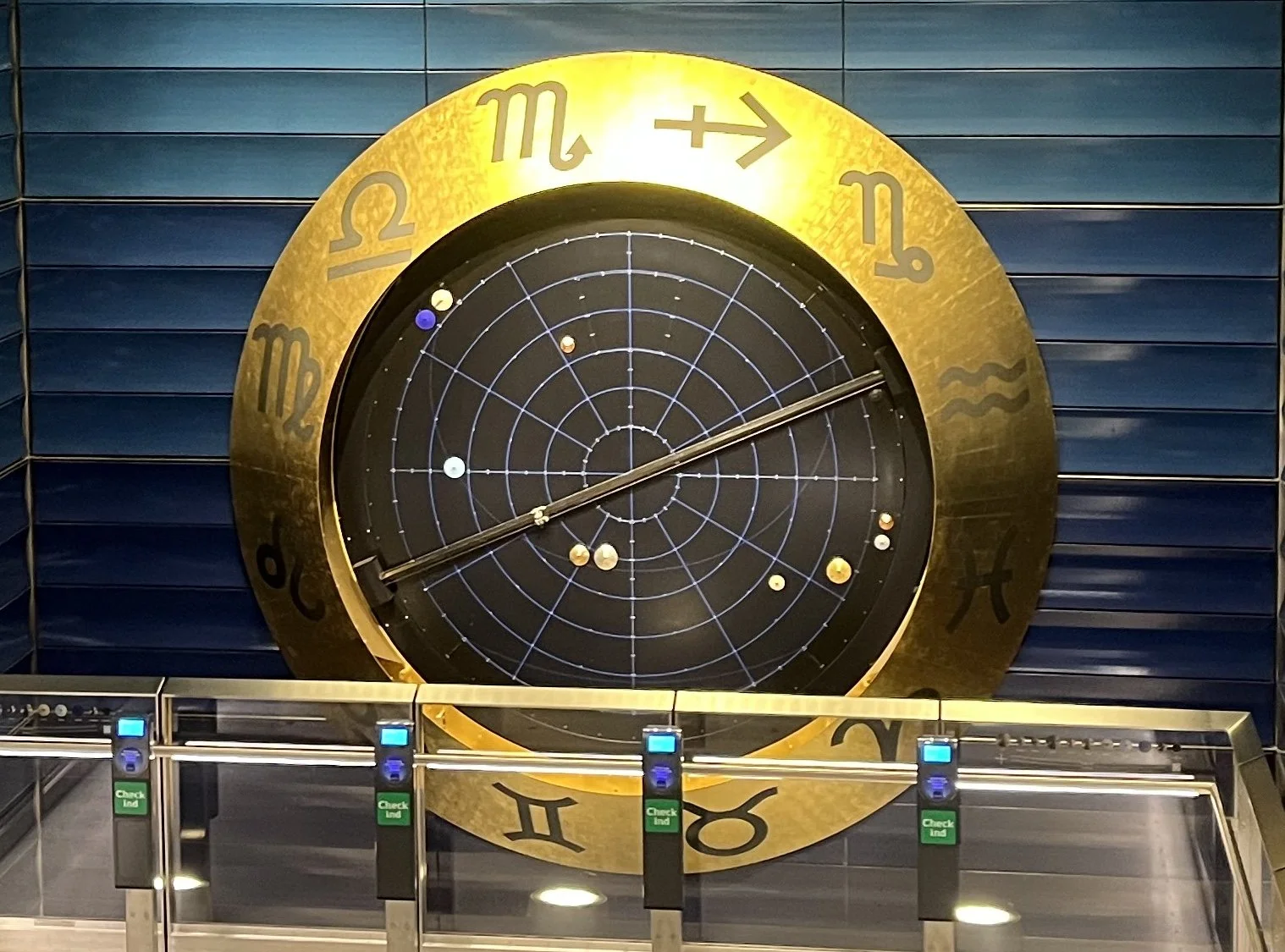I recently heard someone say that no one gets fired for being rational, they get fired for being creative. Does this mean that a rational decision comes with an insurance policy attached, as it’s safe, predictable, and easy to justify. I think that’s why it’s easier to sell to rational decision-makers: you can show them numbers, even if the advice itself isn’t all that good. In a world where we can connect with anyone, anywhere what’s really stopping you from surrounding yourself with people who are interesting, generous, and kind?
““The question is not what you look at, but what you see.””




